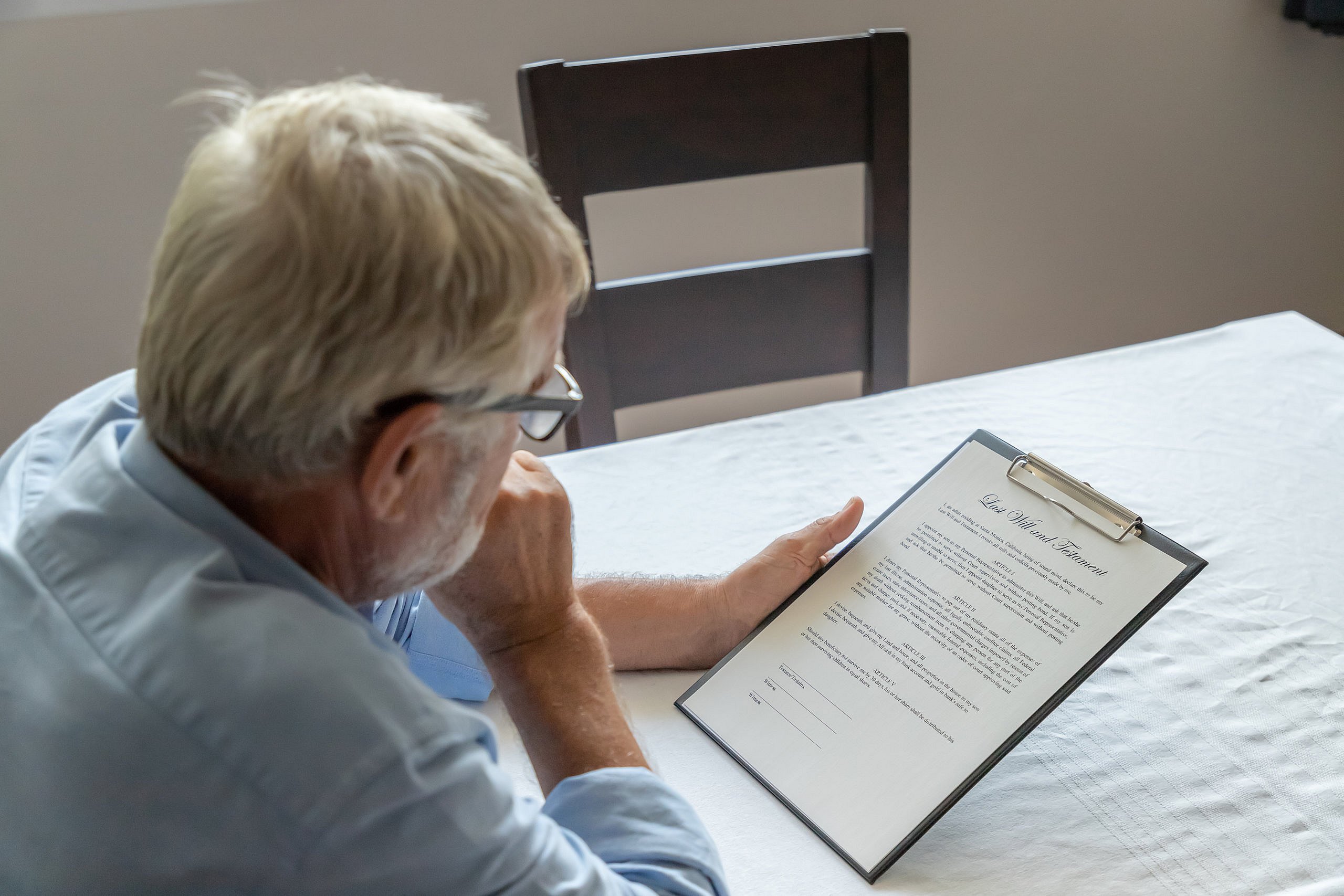If a California resident dies without a valid will or trust, then California law will control who gets their assets. Without an effective estate plan, your assets may pass to heirs you may not prefer, or even to heirs you’ve never met. An estate plan is the only way to ensure that the people you love will receive the things you want them to have. California intestate succession lawyers can help you execute the documents to protect your loved ones.
When a person dies without a will or trust, all of their assets may pass through a process called intestate succession. The state will apply a one-size-fits-all formula, regardless of how well you got along with any of the individuals named as your heirs under the law. People you cared about dearly might get cut out entirely. Below is an overview of intestate succession and why you need to care about whether your estate passes to your loved ones through intestacy.
The State of California and Intestacy
If you die without a will or trust, then your assets may benefit the state more than they would if you did not die intestate. Most trusts, for example, do not have to go through probate court, and so trust beneficiaries can often avoid probate fees and other court costs.
In some cases, the state could even receive 100% of your assets, if you die without a will or trust. If you do not have any natural heirs closely related to you, then everything you own could “escheat” to the state after your death – meaning that the state simply takes over the assets.
What “Surviving” Means in California for Purposes of Intestacy
You might think that someone survives you if they are still alive when you die. Unfortunately, that situation is not always the case. The intestacy statutes in California say that someone must live at least 120 hours (five days) longer than you to inherit from you.
Let’s say that you and a close relative were in a car accident, and you did not have a will or trust. If you died at the scene of the crash and your loved one died three or four days later, the law says that your relative did not survive you. None of your assets will go to that person’s estate or be distributed to their heirs.
The Pecking Order of Natural Heirs in Intestate Succession
California’s intestacy rules are complex. In general, the assets of a married person who dies without a will or trust will get distributed as follows:
- The surviving spouse will get the decedent’s 1/2 share of the couple’s community property.
- The surviving spouse will also receive all of the decedent’s separate property if the decedent did not have any surviving children, parents, siblings, or children of a deceased sibling.
- Depending on the facts of the situation, the surviving spouse could receive only 1/2 or 1/3 of the decedent’s separate property.
These are just a few of the rules California applies to intestate estates. Contact a California elder law attorney to learn more. Our California estate planning lawyers could walk you through the intestacy laws and answer your questions about who would inherit from you if you die without a will or trust. But more importantly, our attorneys can help you avoid intestacy altogether, to ensure that your wishes are faithfully carried out upon your death.

